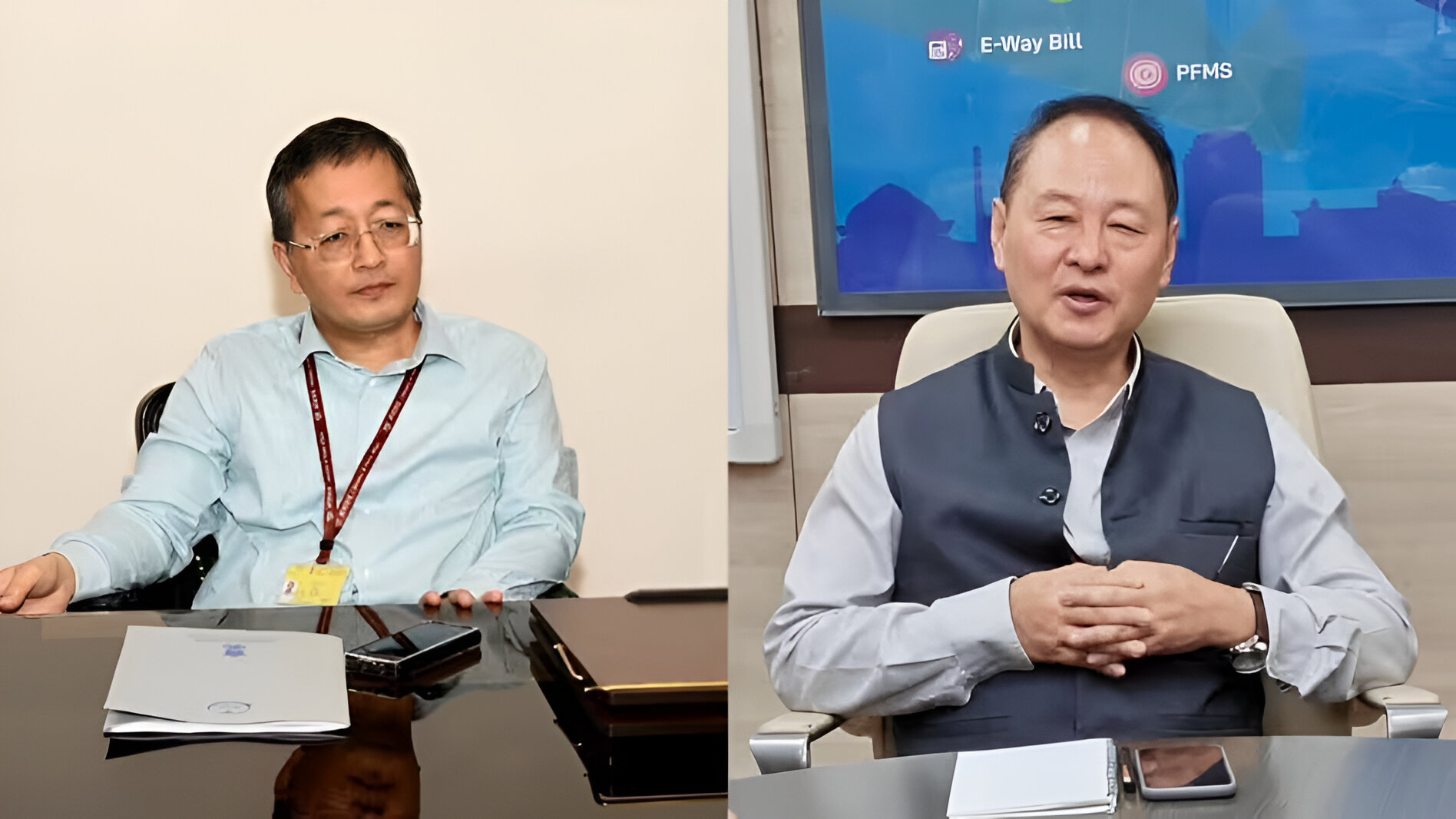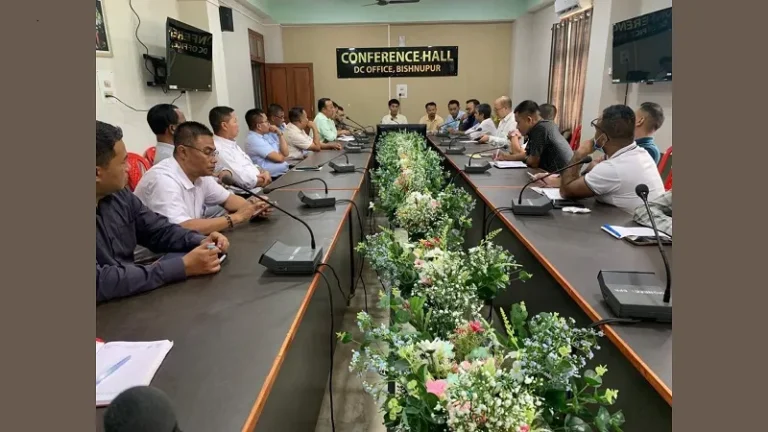Kuki-Zo and Mao Naga IAS Officer from Manipur Take Top Finance Ministry Roles
📰 News Summary
In a historic move, the Indian government has appointed two IAS officers from Manipur’s tribal communities to top positions in the Ministry of Finance. Vumlunmang Vualnam, from the Paite group within the Kuki-Zomi-Hmar community, is now the Expenditure Secretary, while K. Moses Chalai, from the Mao Naga community, has been appointed as the Secretary of the Department of Public Enterprises. This marks the first time Scheduled Tribe members from Northeast India have reached such senior roles in this crucial ministry.
🌟 Breaking Barriers: Tribal Representation in India’s Bureaucracy
1. The Significance of These Appointments
The elevation of Vualnam and Chalai to secretary-level positions is not just a personal achievement but a milestone for tribal representation in India’s bureaucracy. Historically, Scheduled Tribes have been underrepresented in top administrative roles, especially in central ministries. These appointments signal a shift towards a more inclusive governance structure that recognizes and values the contributions of diverse communities.
2. Profiles in Excellence
- Vumlunmang Vualnam: A 1992 batch IAS officer, Vualnam hails from the Paite group within the Kuki-Zomi-Hmar community. His appointment as Expenditure Secretary places him at the helm of managing the government’s spending, a role crucial for fiscal discipline and economic planning.
- K. Moses Chalai: Belonging to the Mao Naga community, Chalai is a 1990 batch IAS officer. As the Secretary of the Department of Public Enterprises, he oversees the functioning of public sector undertakings, ensuring they align with national economic objectives.
3. Contextualizing the Appointments Amidst Ethnic Tensions
Manipur has been grappling with ethnic tensions, particularly between the Meitei and Kuki-Zo communities. These appointments come at a time when the state is seeking avenues for reconciliation and inclusive development. By recognizing leaders from tribal communities, the government sends a message of unity and shared progress.
Representation matters. When diverse communities see themselves reflected in positions of power, it fosters trust and engagement with the state. Vualnam and Chalai’s appointments can inspire young individuals from tribal backgrounds to aspire for civil services, knowing that their heritage is not a barrier but a strength.
5. Implications for Policy and Development
With their unique perspectives and deep understanding of the challenges faced by tribal communities, Vualnam and Chalai are well-positioned to influence policies that are more inclusive and equitable. Their insights can lead to more effective implementation of schemes in tribal areas, addressing issues like infrastructure, education, and healthcare.
6. A Step Towards Inclusive Nation-Building
India’s strength lies in its diversity. By embracing leaders from various backgrounds, the nation moves closer to realizing the ideals of inclusive growth and unity in diversity. These appointments are not just administrative decisions but affirmations of India’s commitment to equitable representation.
❓ FAQs
Q1: Who are the newly appointed IAS officers from Manipur in the Finance Ministry?
A1: Vumlunmang Vualnam has been appointed as the Expenditure Secretary, and K. Moses Chalai is the new Secretary of the Department of Public Enterprises.
Q2: Why are these appointments significant?
A2: They mark the first time Scheduled Tribe members from Northeast India have reached such senior roles in the Finance Ministry, highlighting progress in inclusive governance.
Q3: What communities do these officers belong to?
A3: Vualnam is from the Paite group within the Kuki-Zomi-Hmar community, and Chalai belongs to the Mao Naga community.India Today
Q4: How might these appointments impact tribal communities?
A4: They can inspire greater participation in civil services among tribal youth and ensure that policies are more attuned to the needs of these communities.
Q5: What challenges have tribal communities in Manipur faced recently?
A5: Manipur has experienced ethnic tensions, particularly between the Meitei and Kuki-Zo communities, leading to calls for separate administrative arrangements and greater representation.




